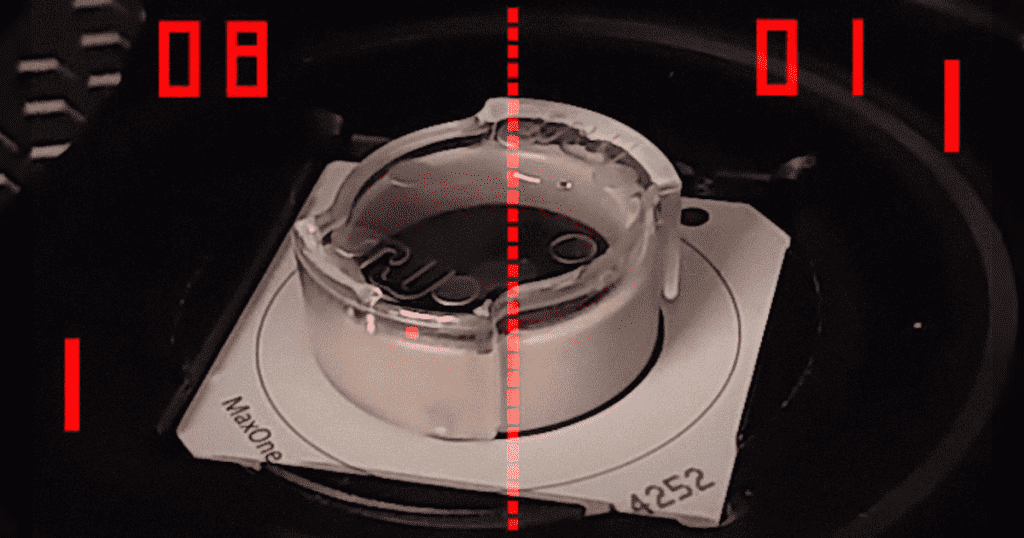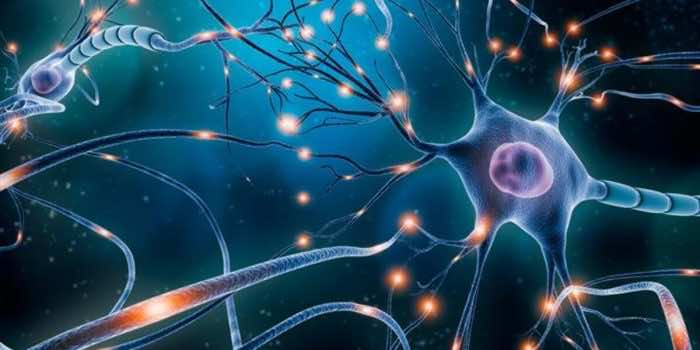Australian scientists have come up with a promising new discovery in which they nurtured and instructed a cluster of brain cells in a lab dish to play a classical game called “Pong”. The research team went to great lengths and made some tweaks to the recipe because teaching the brain cells to play “pong” hasn’t been done before. It should be noted that the entire task took place in an “approximation of sentience” and has set the stage for scientists to further explore this area for future prospects. However, the findings of the research have been published in the journal “Neuron.”

Not to mention, this undeniably cool project, which is called “DishBrain,” seems like an episode of 800,000 human and mouse neurons that have been embedded in different microelectrodes. Scientists have programmed these neurons to carry on with their tasks after receiving electrical signals, and they have programmed them in such a way that is way different than previous methods that are used to study areas like neurological development and disease.
What exactly happens here in this classical arcade game Pong is that the neuron cells act like paddles and they have to bounce back the balls at an estimated time. Dr. Adeel Razi, who is the co-author of the study, said, “This new capacity to teach cell cultures to perform a task in which they exhibit sentience—by controlling the paddle to return the ball via sensing—opens up new discovery possibilities which will have far-reaching consequences for technology, health, and society.”

On the other hand, Professor Karl Friston, who is also the co-author of the study, stated, “The beautiful and pioneering aspect of this work rests on equipping the neurons with sensations—the feedback—and crucially, the ability to act on their world. Remarkably, both cultures learned how to make their world more predictable by acting upon it. This is remarkable because you cannot teach this kind of self-organization; simply because – unlike a pet – these mini-brains have no sense of reward and punishment. “

The team says that there is nothing to worry about because the method cannot be used for any negative purposes because it is not that well-advanced to use it for some other means. To that end, Professor Tara Spires-Jones, UK Dementia Research Institute Programme Lead, said, “Don’t worry, while these dishes of neurons can change their responses based on stimulation, they are not sci-fi style intelligence in a dish, these are simple circuit responses.”


